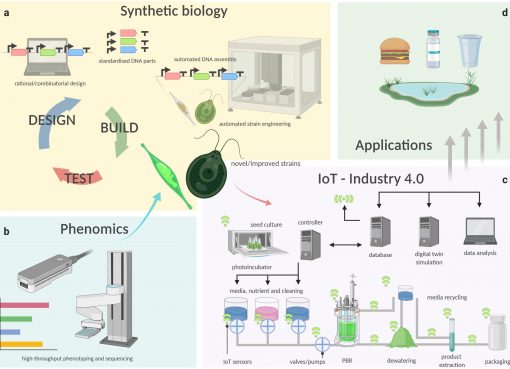Latest advancements in science and technology have inevitably impacted our private as well as collective social life. Not only for scientific discovery and invention but also in every walk of our daily life, we need a scientific temperament to deal with any situation in an effective way. Principally, there are four components of scientific temperament – curiosity, open-mindedness, analytical or critical mindset and modesty or humility.
Curiosity
It is the root and soul of science. Whenever we encounter any new thing or information, the first questions that should arise in our mind to know about it are – what, why and how? The question most frequently raised by a child initially while learning to speak is “What is this?” This curiosity is very essential for the healthy mental development of a child. If a child can always maintain this sort of inquisitiveness in his life, he becomes able to acquire adequate knowledge of everything he encounters and can use that for his advantage or others in society. In fact, for a student, the most essential virtue is curiosity.
Open-mindedness
For the growth of scientific temperament in children, another essential quality is to have an open mind. A predetermined arbitrary view on an issue prevents us from critically examining the same without bias. Science does not believe anything unless proven or established by critical analysis or testing. For example, in our childhood, we were taught in school that the cow has only one array of teeth and the upper jaw does not bear any teeth. However, when we examine, we find that in the upper jaw only the incisors are absent while other teeth are intact. An open mind eager to critically examine every fact being encountered helps immensely in the mental development of a child.
Analytical mindset
Many of us accept any information without ascertaining its origin, truth, or factual correctness by needed analysis or enquiry. It is not a sign of scientific thinking. When we come across a new fact or information for the first time, we should first ascertain its source and reliability. Constructive speculation, apprehension or criticism can never be harmful. Rather it encourages us to critically examine every fact without any bias or illusion, and many a time saves us from the dangerous consequences of relying on incorrect, biased or manipulated information. Impartial and critical analysis is the foundation of scientific research. It also applies to any social issue. An analytical mindset always makes us inquisitive to learn more and more about something. As a result, it becomes helpful in discovering truth or reality.
Modesty or Humility
It is another very important aspect of scientific thinking. One who searches for truth should be always ready to beg apology for his mistakes. If a predetermined view, belief, or concept about something, which has been perceived due to limitation of knowledge or exposure, is subsequently proved to be incorrect or baseless, a person with scientific temperament should always be ready to accept it with absolute humility and modesty. There have been several examples in the history of science when an incorrect perception or theory remained in vogue for several years, even decades, merely due to the obstinate or unyielding mindset of one or a few scientists of the time. For example, the Spontaneous Generation Theory relating to germs prevailed for decades due to the unyielding behaviour of John Needham and his followers as well as their consistent refusal to accept the findings of the experiments conducted by some other scientists of that time to disprove the theory. This had adversely affected the advancements in the field of modern microbiology for several years.
In conclusion, if we are not ready to accept the proven inaccuracy or incorrectness of our perceptions about something and the limitations of our knowledge, scientific temperament can never grow among us. Consistent interest and curiosity to know the unknown, an open mind, critical thinking and humility are the key virtues needed for the development of intellect and for that matter, the overall development of mankind. Therefore, it needs no emphasis that we must strive to create the needed ambience in our family, school as well as society that may help our children to develop these virtues from their childhood.




